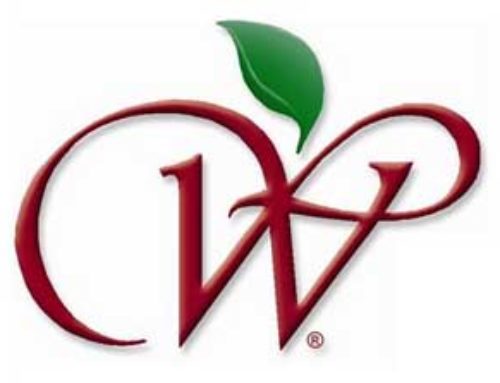
After delaying for nearly a year, India this week slapped an extra tariff on U.S. apples in retaliation for President Trump’s steel and aluminum tariffs.
The 20-percent tariff, which took effect Saturday, June 15, is in addition to an already existing tariff of 50 percent India charges on apple imports from all countries. That brings America’s duty to 70 percent.
The tariffs in India, which became America’s second largest apple export market behind Mexico, came shortly after Trump revoked the country’s preferential trade status earlier this month, but the debate goes back to last spring.
In March 2018, America first imposed tariffs on imports of steel and aluminum from all countries. In June, India announced retaliatory tariffs on several goods, including apples, but repeatedly postponed implementing them as trade discussions continued.
Representatives from both countries tried to come to a new agreement, said Mark Powers, president of the Northwest Horticultural Council, based in Yakima, Washington. “Unfortunately, it wasn’t successful and our growers are going to pay the price,” he said.
Washington is America’s largest apple producer and accounts for virtually all of the country’s apple exports to India.
Even the potential for tariffs already had a chilling effect on trade due to lengthy shipping times, said Todd Fryhover, president of the Washington Apple Commission. By June 15, 2018, Washington state had shipped 7.4 million 40-pound box equivalents to India. By the same date this year, after months of postponed tariffs, the state sent only 2.5 million, a 66-percent decrease.
The long-term concern is other producers, such as China or the European Union, filling the void, Fryhover said. European countries have already taken up some of the slack in India. Meanwhile, though India is currently closed to Chinese apples, those two countries are in the midst of their own trade talks.
India is just one place where international trade tensions have affected tree fruit. Last month, Mexican trade officials dropped a 20 percent tariff on U.S. apples as they and their counterparts from the U.S. and Canada reached a new trade agreement to replace the North American Free Trade Agreement, while the Chinese government continues a steep tariff on cherries.
—by Ross Courtney
Related:






Leave A Comment